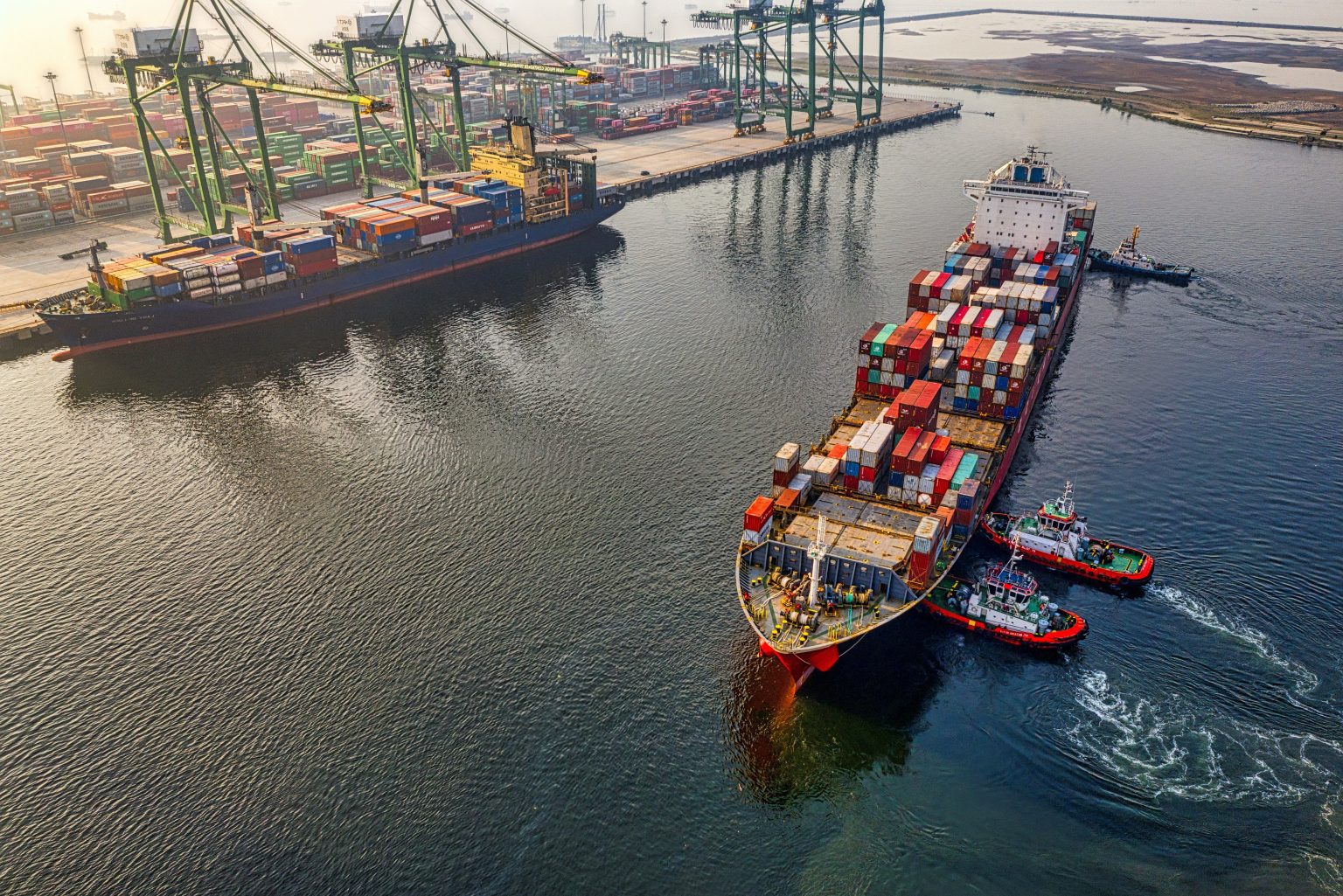Encompassing everything from trade to tourism to agriculture at sea, the maritime industry is crucial to maintaining international trade markets and local supply chains. As an island nation that relies heavily on receiving imports, and exporting goods for sale, ensuring that maritime businesses in Australia are compliant with the relevant regulations is vital to the nation’s success and economic prosperity. The maritime industry faces many kinds of risks which have the potential to evolve into emergency and crisis situations, disrupting not only business operations, but also our way of life and ability to rely on the international supply chain.
Ensuring the maritime industry in Australia is able to successfully and continually function is vital to maintaining trade and other services crucial to Australia’s prosperity. As ports are critical infrastructure, the industry is subject to many rules and regulations, contained in many pieces of legislation. Such legislation governs many areas including aquaculture processes, marine navigation, crimes at sea, maritime safety and offshore petroleum and gas storage as well as offshore facility security and emergency management arrangements. Complying with the legislation relevant to your maritime business is crucial to ensuring that operations can continue without disruptions caused by non-compliance, as well as avoid the legal ramifications for failing to follow such regulations. There are also international treaties (such as the United Nations Convention on the Law of the Sea) and laws in international waters that your business may be subject to when participating in maritime business activities outside of Australia.
If your maritime business has never previously considered enlisting the help of emergency and risk management services, then take this as your sign. Preparing for the worst before an incident occurs can protect your business from financial loss, reputational harm and personnel injuries. An extreme disaster can be enough to completely wipe out a business, and ensuring that your business’ longevity is protected begins with effective planning and preparation from the start. Don’t let the unpredictable future catch your business off guard. Contact Resilient Services today, and see how our knowledgeable team can help your business prepare for the future.




